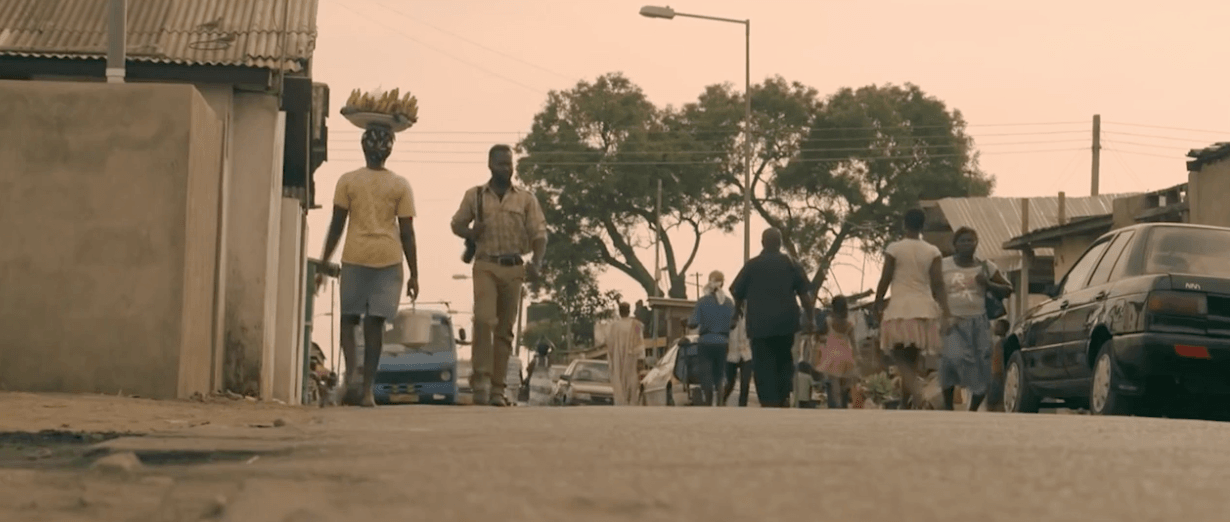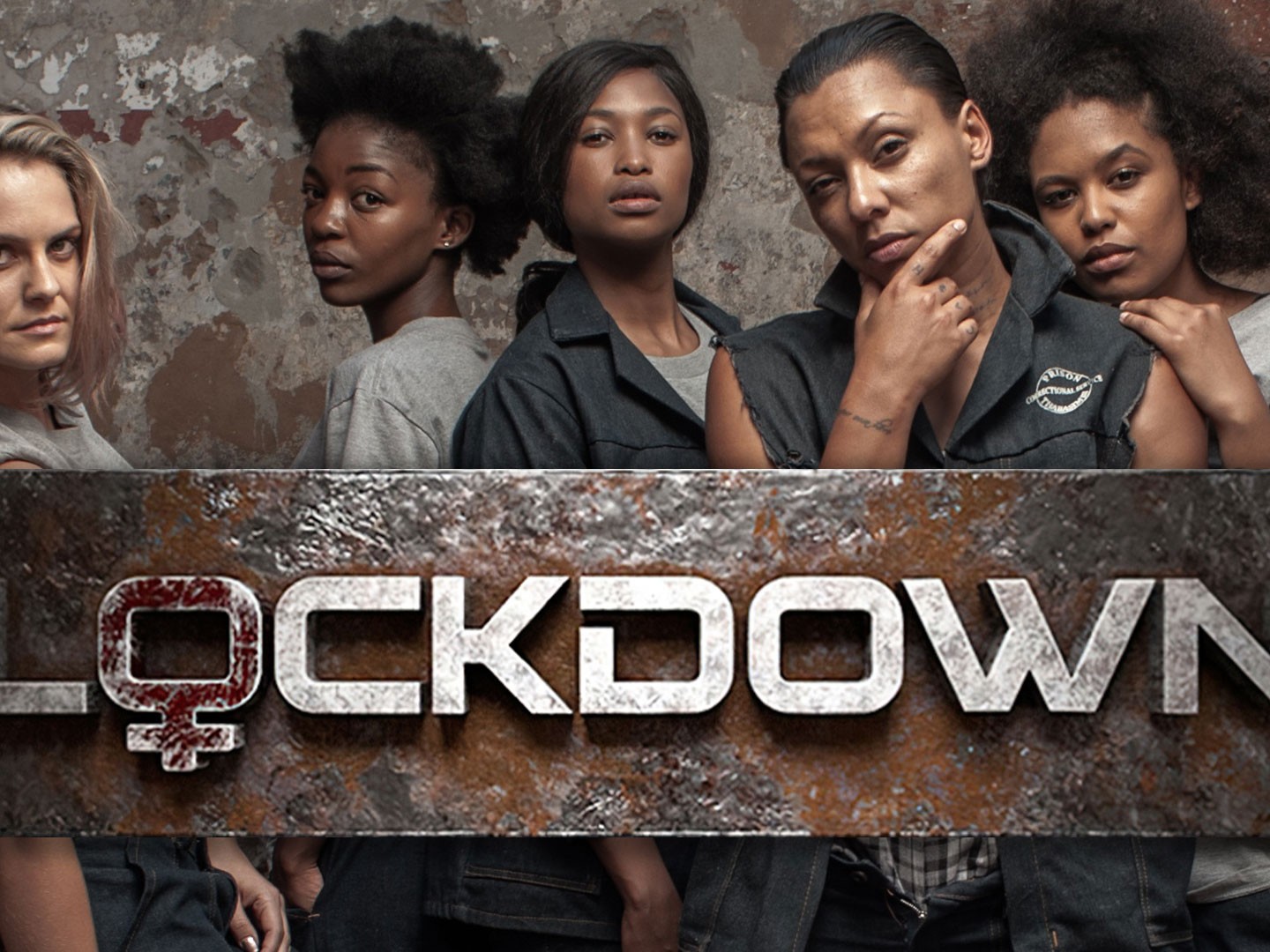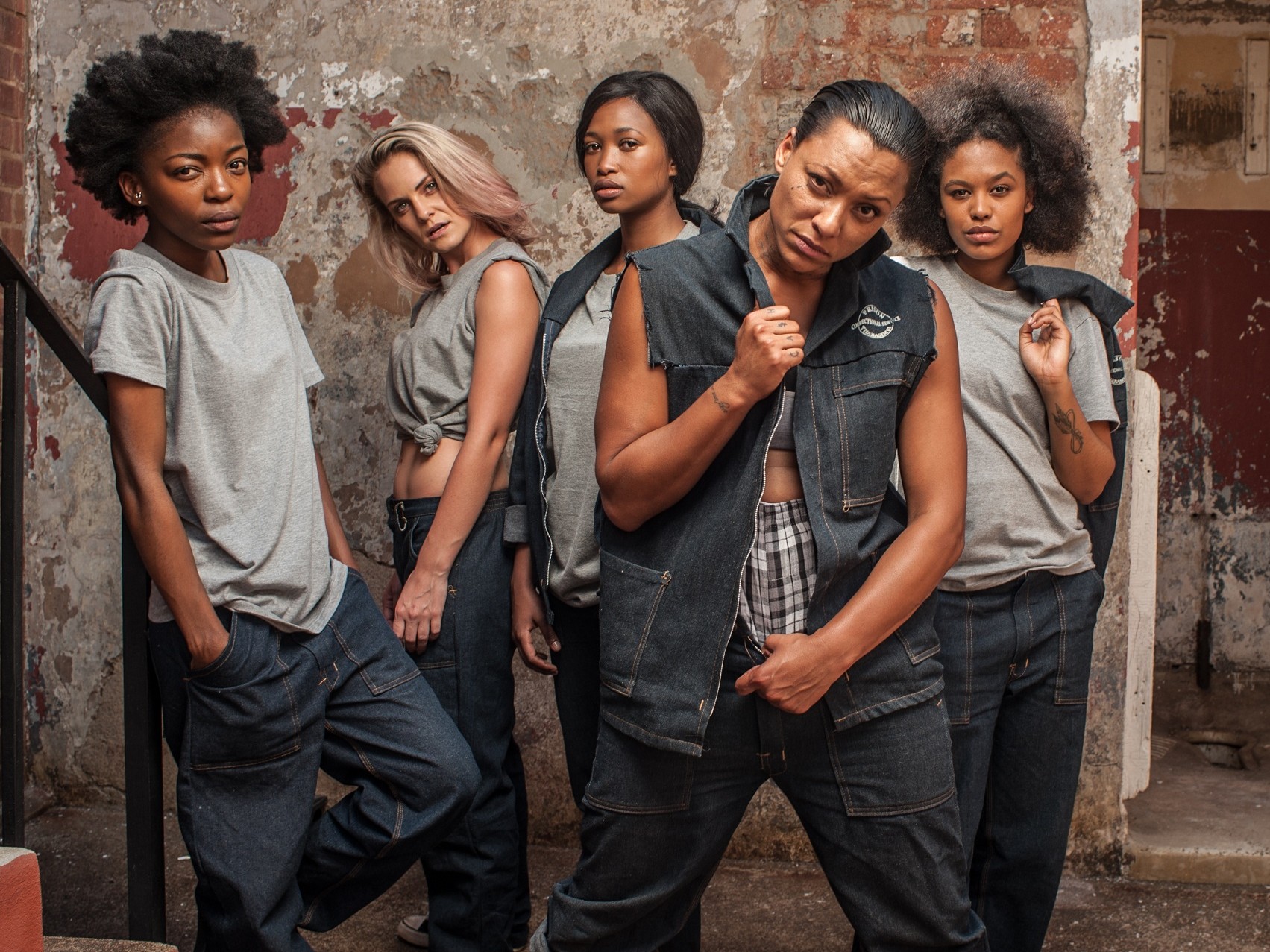Share this!
Ghollywood: What You Need To Know About The Film Industry In Ghana
By Zaina Adamu
Hollywood, Bollywood, and Nollywood are the most recognized film industries in the world, but did you know that Ghana’s cinema landscape is on the rise? Coined “Ghollywood” (as well as Gollywood) by some, Ghanaian cinema is emerging to take its place on the world stage, but before we explore what makes Ghanaian film so special, let’s take a look back at how the industry got its start.
The first traces of film in Ghana began in the 1920s when cinemas were being built across cities throughout the country (then called the Gold Coast). The new-found form of entertainment was originally only available to the country’s upper-class, but by the 1940s, leaders noticed the influence film had on its viewers. It was then that the Gold Coast Film Unit was established. Little cinemas housed in buses began sprouting up around the country where documentaries, newsreels, and government information was shown to the public. The film company also promoted films to embolden developments in health, living, and human cooperation.

By the 1960s, the film industry began to take off. The country’s first president, Kwame Nkrumah, founded the Ghana Film Industry Corporation (GFIC) in the country’s capital city Accra. Understanding the power of cinema, Nkrumah sent promising filmmakers abroad to learn about film production. Nearly 150 GFIC productions were filmed during this time, all with the intent to reverse the negative stereotypes the preceding colonial government portrayed of Ghanaians.
By the 1980s, films were made independently. Prior to this time, the Ghanaian government was the only producer of film in the country. By 1981, the renowned filmmaker Kwaw Ansah shot the country’s first independent film, Love Brewed in the African Pot. The film was a compelling tale of an affluent young woman who falls in love with the son of a fisherman. The movie helped to revolutionize the art of film in Ghana, and was the launch pad for what is now known as Ghollywood.
Four decades later, Ghanaian cinema has continued to be a major player in African filmmaking. Hundreds of popular films are produced each year including the 2018 classic The Burial of Kojo and the timeless love story Silver Rain. International film companies are starting to take note of Ghana’s film landscape, which was evident with Beasts of No Nation, a Netflix film that was shot in Ghana and starred Idris Elba.

“It can safely be concluded that the Ghanaian film industry has remained vastly untapped over the years,” read an Ashesi University College report entitled “An Exploration of the Ghanaian Film Industry,” adding that “there is an immense avenue for economic and financial potential in the Ghanaian film industry.”
The appetite for films that relfect Ghanaian life is stronger than ever before. “I have never seen a Ghanaian film that has been premiered and only two or three people show up,” said popular Ghanaian actor John Dumelo. “Every film that has been premiered, it has been successful. You also realize that a lot of people will walk and watch the film in the cinemas.”
With the notoriety of Ghollywood rising, Ghana’s Parliament passed the “Development and Classification of Film” Bill, a law established in 2016 to regulate and advance the country’s film sector. The multi-million dollar industry is expected to contribute greatly to the country’s GDP, and critics are hopeful that, for filmmaking in Ghana, this is just the beginning.
Stream Ghanaian films like Potomanto and Devil in the Detail as well as series like Shampaign on Demand Africa.
About Demand Africa
Demand Africa offers 24-7 access to the largest curated collection of Pan-African TV shows, series, soaps, movies and lifestyle entertainment direct from the continent. Demand Africa goes to Nollywood and beyond to offer a deeper connection to the continent. Explore the culture, people, places and traditions of Africa and stream with IMPACT. Now streaming over 1,000 hours, with content added monthly. 60% of your monthly subscription goes to the featured creators and distributors on Demand Africa.






